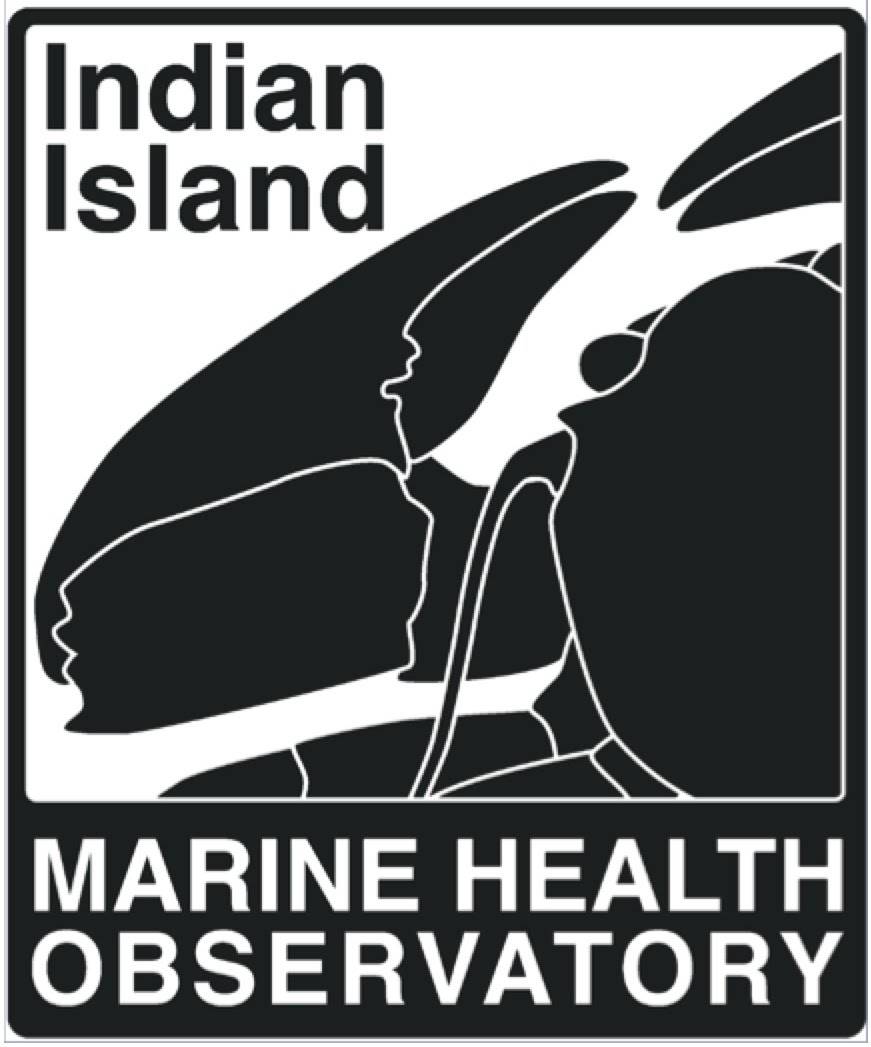Submitted by Kwiaht
Kwiaht director Russel Barsh announced today the conditional suspension of docent and stewardship activities at Indian Island, one of Eastsound’s most popular tourism attractions with more than 4,000 annual visitors, over concerns for staff safety.
“Even while San Juan County remained in Phase II with travel restrictions in force, we saw near-normal levels of visitors at Indian Island,” Barsh says, adding that “barely half of them wore face coverings when interacting with our team.”
Barsh says that with restrictions remaining on restaurants and other indoor entertainment businesses, a larger proportion of visitors from the mainland are resorting to public lands that were already showing signs of strain from traffic and noise. “In May nearly all of our Indian Island visitors were local, but now it’s nearly all tourists, and islanders are staying away.”
Kwiaht requested help from the county last week, recommending that this popular beach be posted as limited to a maximum of fifty visitors with appropriate PPE. County officials have not yet responded. As a result, Kwiaht plans to withdraw its docents from Indian Island whenever visitor numbers exceed fifty. Visitor activity will continue to be monitored from the shore, but outreach, education, and protection of living resources will necessarily be curtailed. In 2019, visitors generally exceeded a hundred on weekend days when Indian Island was accessible. “As crowded as a pool party,” according to Barsh.
“After 12 years of service to the community, we resent being forced to choose between protecting this fragile intertidal ecosystem and our lives,” Barsh says.
The vegetated upland of Indian Island is part of the San Juan Islands National Monument and it remains officially closed until July 15 to protect migratory birds. Kwiaht docents ordinarily advise visitors on trail use, responsible enjoyment of wildlife and federal and state wildlife laws in addition to sharing wildlife identification materials and answering questions about tides, birds, eelgrass meadows and tidepool life. “Local volunteers are the only real protection this unique urban nature preserve has from uninformed or careless visitors.”
“The County Council and Visitors Bureau are acting irresponsibly, sacrificing islanders’ health in pursuit of tourism dollars,” Barsh says. “Promoting tourism now is squandering islanders’ hard-earned respite from Covid-19 by opening our islands to visitors at a time when infection rates are spiking on much of the mainland.”



